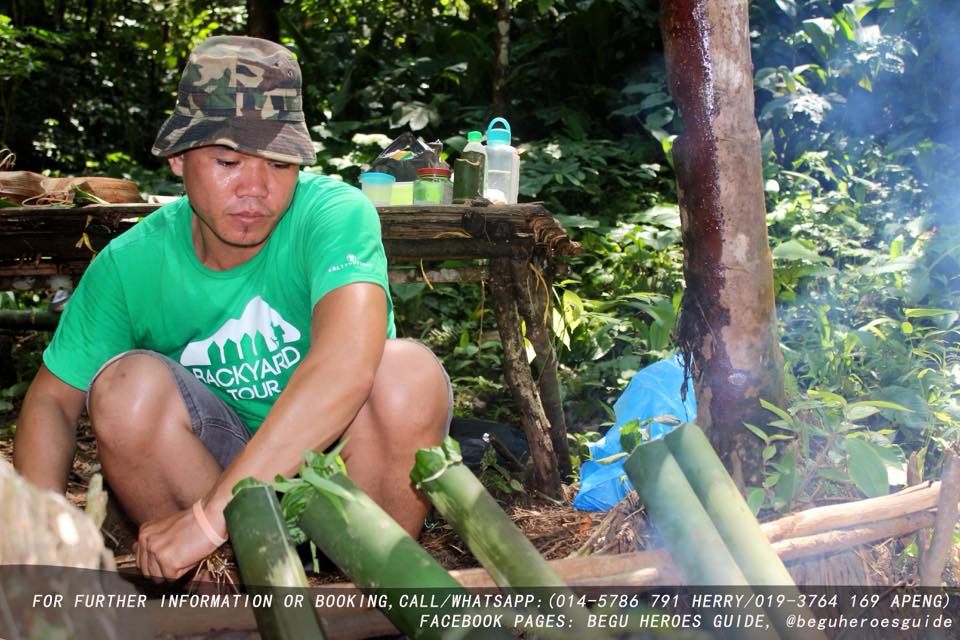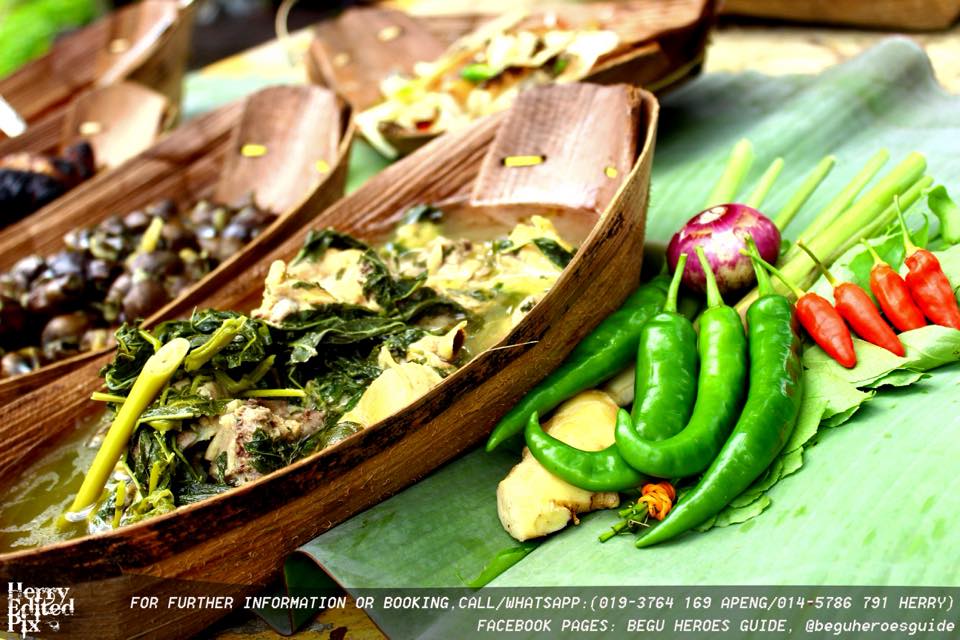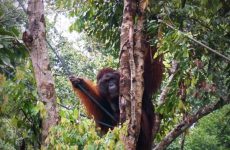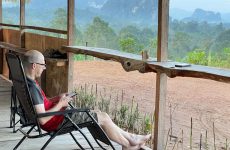The tourism sector in Malaysia contributes significantly to the national economy; RM 84.1 billion in 2018, up by 2.4 percent compared to RM 82.2 billion in the previous year. This suggests that the tourism industry is playing greater role in earning foreign exchange, employment opportunities and economic development. Malaysia has also announced Homestay program as an official tourism product in 1995 under National Plan for Rural Development. It is worth noting that in 2012, this program won UNWTO Ulysses Award for Innovation in Public Policy and Governance at the UNWTO Awards Ceremony held in Istanbul, Turkey. It is clear evidence that tourism is indeed one of the sector that contributes to the economic growth and most importantly is for the development of the country.
Definition of CBT
Community Based Tourism (CBT) is defined by World Bank1 as “Community driven development aims at giving a voice to the stakeholders, involve them in identifying their own needs and the ensuing decision making, encourage them to take responsibility, and mobilize the majority of actors in a given community through a participatory process”.
This type of tourism often allows the local community to be proactive and manage their tourists well. Not only that, they are motivated to create a better environment so that the tourists can enjoy their trips as well.
CBT Scene in Sarawak
CBT is well established in Sarawak, where it involves the local communities, environment, social and cultural rights. It has very strong focus because it directly benefits the local communities. The potential of CBT is that it empowers the community, by encouraging them to engage in planning, evaluation and control of resources. CBT encourages this whole and holistic approach to benefit the visitors. This quality approach not only helps to improve CBT performance but also influences the visitors to learn, respect the way of life of the local people and enjoy their visit.
Advantages of CBT
First and foremost, CBT helps the communities to improve their competences in the entrepreneurship, management, communication (interpersonal) and leadership. This involvement empowers the local community in every aspect of tourism management especially on the fact that they can earn money. For instance, having a local guide to cook various traditional food for English-speaking tourists can improve their English communication skills. This is part of his job to make sure that the tourists can gain real information while tasting the food.
Second, CBT helps the communities to preserve their culture, tradition and heritage. Homestay operators, local guides, cultural performers and many others who are working directly through CBT can take pride in recognizing themselves as stalwarts of local traditions. They maintain not only their culture and heritage but also prepare the next generation to uphold their culture. For example, Kampung Begu get their youths involved in Bidayuh traditional dance by learning the dance and performing in any event, especially during tours.
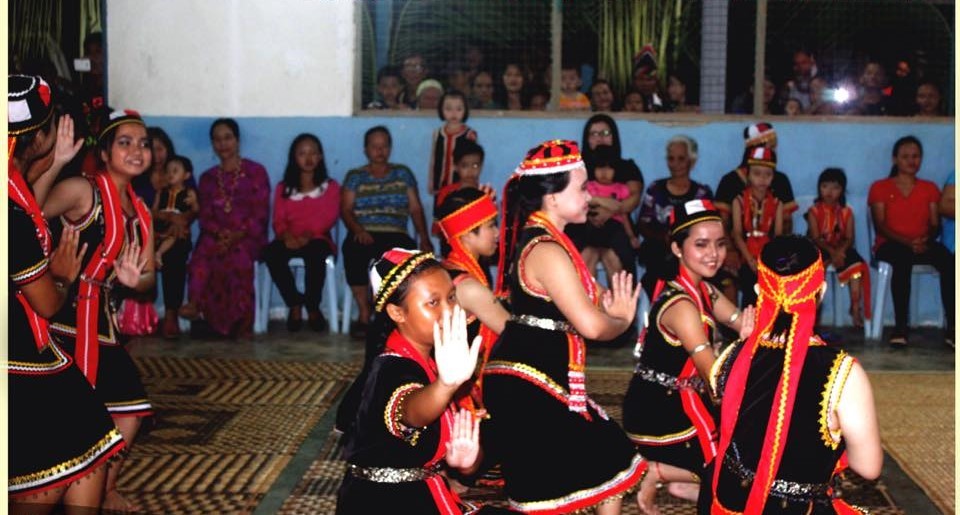
Last but not least, CBT has improved the quality of life in the communities due to various job opportunities created. Small businesses are established in the homestay areas such as local handicraft, and food cottage industry. For example, Bidayuh bead products as shown in the video below was established due to the existence of Giam Homestay.
This is one of the reasons that CBT is reckoned as one of the best strategies to alleviate poverty in rural areas. Sarawak recorded RM 4.35 million in receipts from 601 homestay operators in 20183. That was a big jump from RM 0.66 million in receipts back in 20094; about 6 times more. Without the intervention of homestay program as a form of CBT, the potential income generated would not have been possible.
In conclusion,
CBT has helped the growth of tourism sector in Sarawak tremendously. Continuous support is needed so that CBT can thrive. This is to ensure that the local communities can continue to be empowered; their culture, tradition and heritage preserved; and quality of life improved further.

